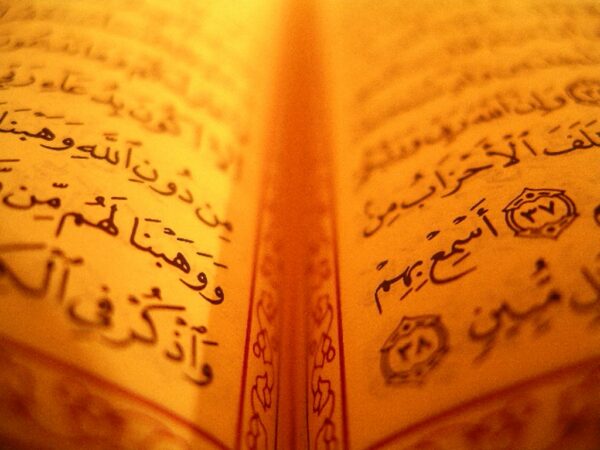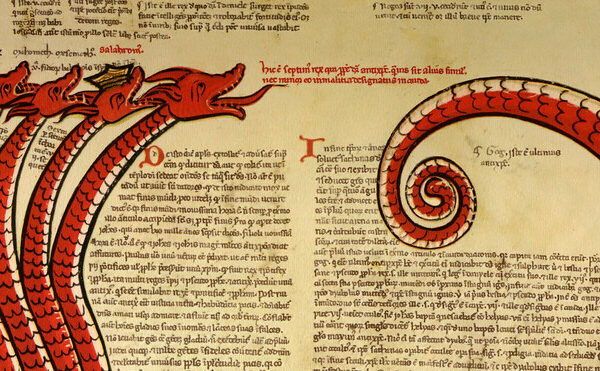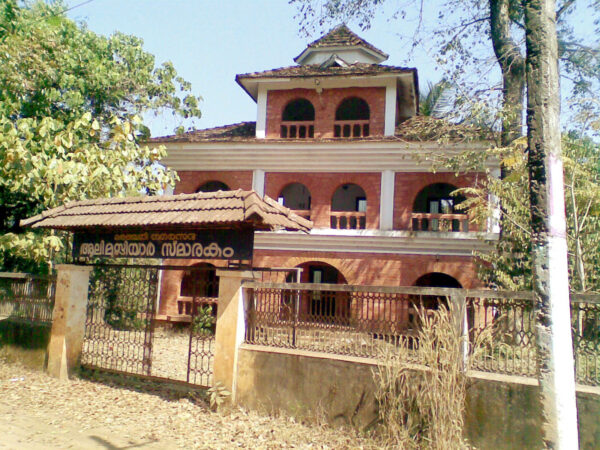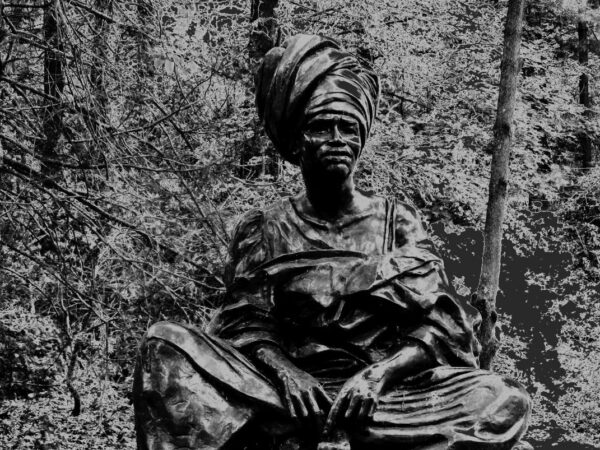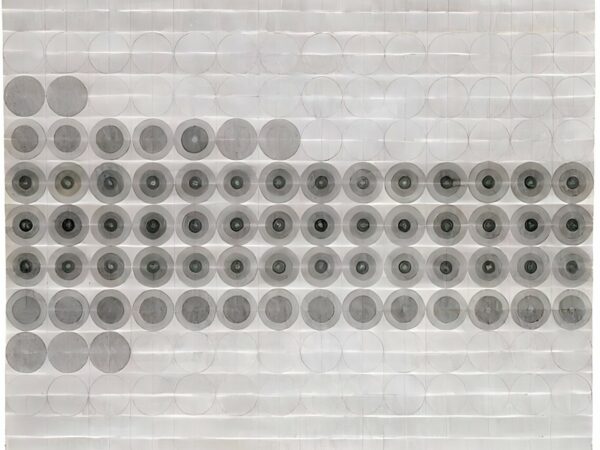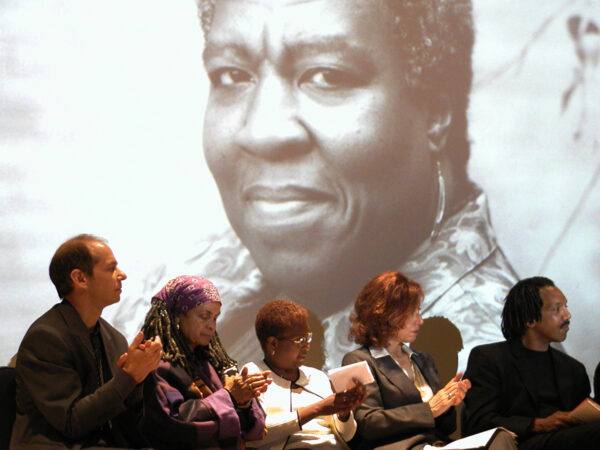
Reading Butler’s fictional works against contemporary social, ecological, and geopolitical crises, her prescient ability to imagine and communicate a dystopic near-future from her writing desk in the 1980s and 1990s is uniquely prodigious
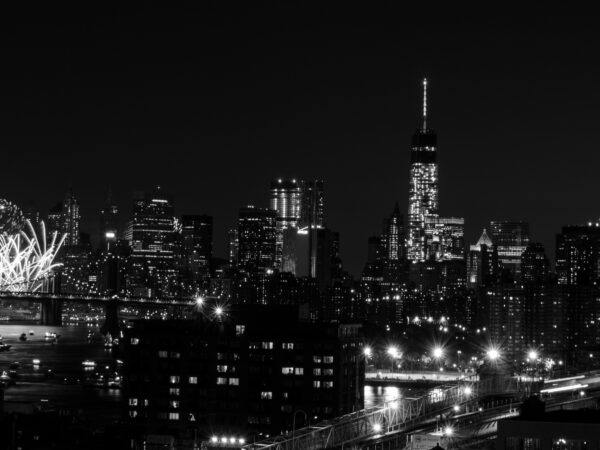
“Literature–or “imaginative writing”–is not simply a window into understanding the theo-political positioning of author and reader, but also a medium for experimentation, in which the familiar is made strange and the strange becomes familiar. “

The authors of this symposium nvite the reader to consider the liberation of those at the table, those on the table, those servicing and serving the tables, those raising, tending and harvesting for tables, and those without access to any table at all.

“Children give us immense joy, but they are also hard work. We have to do everything for them but sometimes we also have to resist the urge to help them, so that they can become independent. They grow up too fast, but also, often, way too slowly. When they rebel against us, it is a sign that we have raised them well. Could we treat our political theological categories similarly? Could we want for them this flexibility, or mutability, this growing independence from us who created them?”
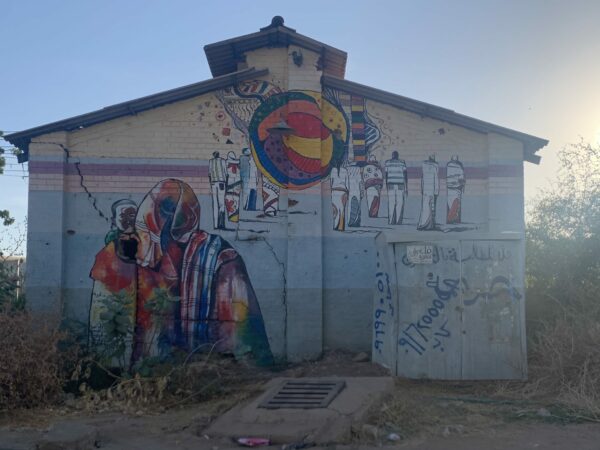
The essays seek a genealogy of and reckoning with the place of religion in modern regimes of sovereignty, its pre-colonial histories and post-colonial legacies, as well as an accounting of the fissures that remain in its emplacement, out of which new life continues to grow.
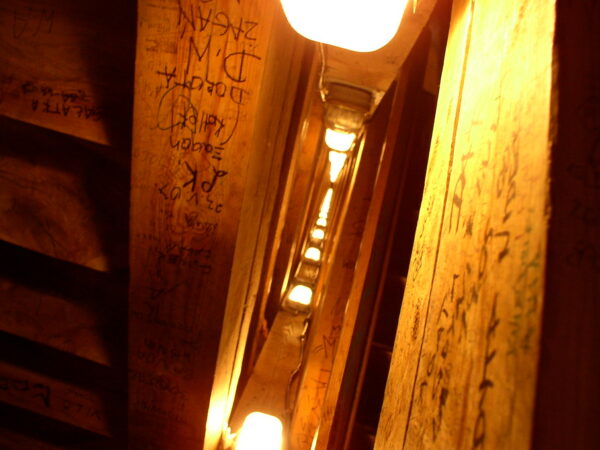
This forum reflects on the intellectual legacy of the late affect theorist Lauren Berlant, who passed away in 2021, for queer and trans studies in religion. Berlant once claimed they had nothing to say about religion – but our contributors disagree.

But how subversive can a contemporary inquiry be if it remains a paradigmatically modern- and Euro-centric affair (as the critical literature on the secular has historically been). My suggestion is that if the secular is a temporal and spatial concept emanating from the modern West (as many would agree), its “shadows” will necessarily lie elsewhere.
